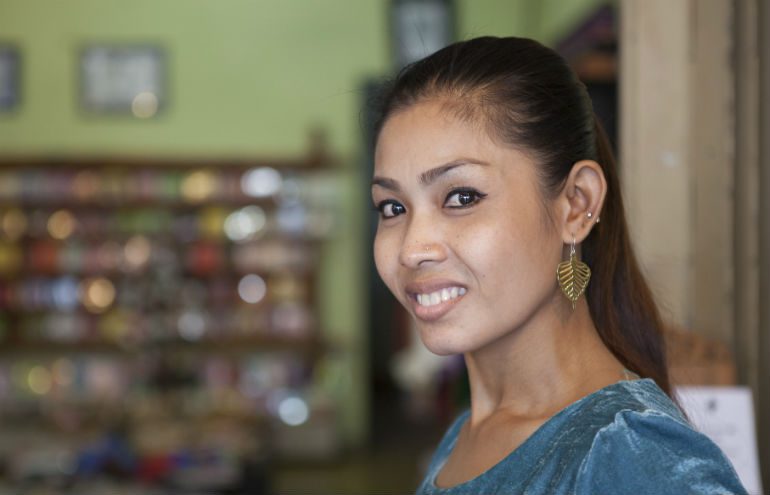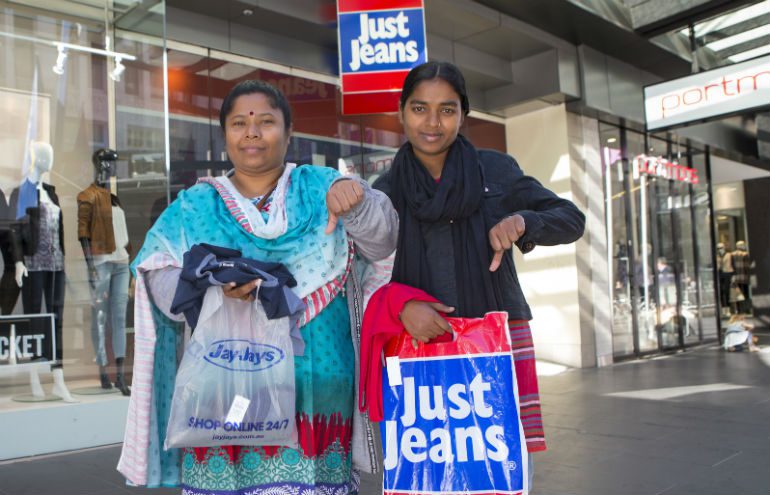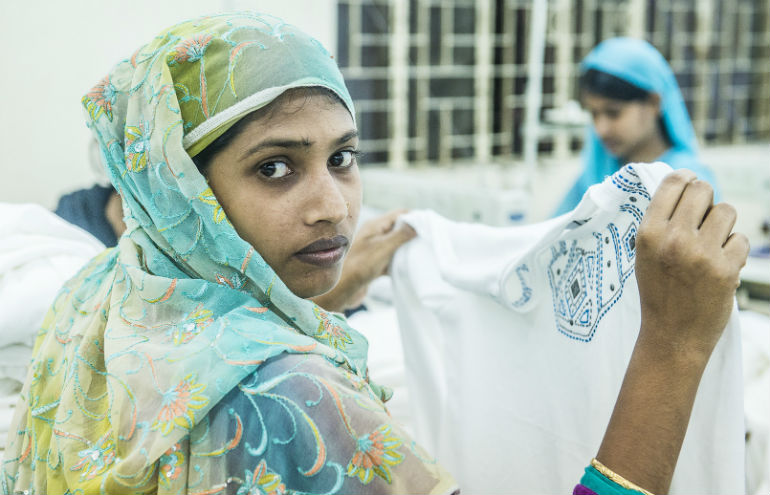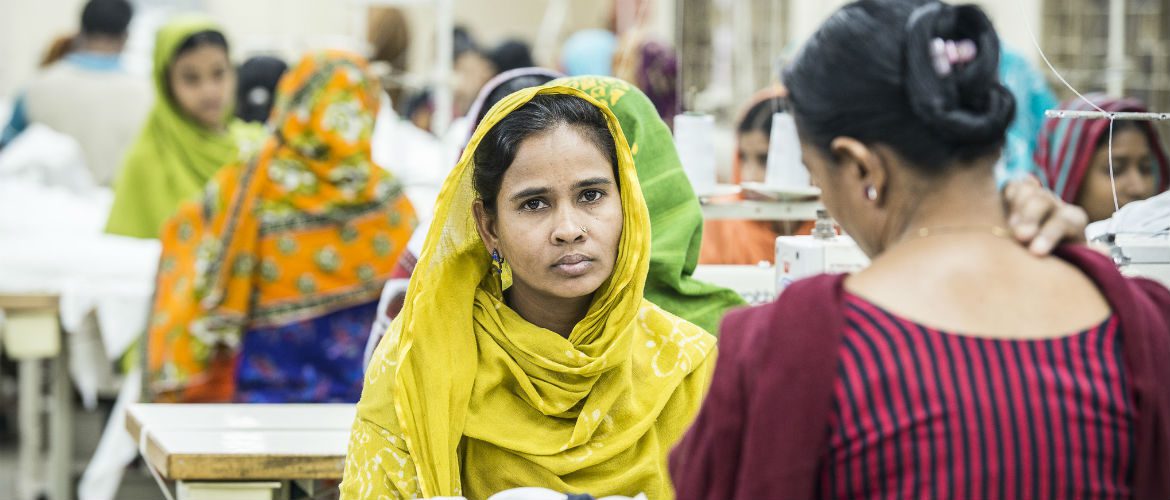Who’s making your clothes?
Workers in developing countries have a raw deal. They’re paid minimal wages and are often forced to work long hours in harsh — sometimes dangerous — conditions. Yet they’re producing some of the world’s most expensive and coveted brands.
It took the devastating collapse of the Rana Plaza building in April 2013 to put the issue of workers’ rights in the textile industry back in the limelight. The preventable deaths of more than 1100 Bangladeshi men and women made global headlines.
In Australia, we were appalled. Thousands of people called for the major brands to change their practices to protect their workers and give them a fair wage. But across Asia, millions of textile workers — mostly young women — continue to go to work in unsafe conditions, risking fire and building collapse, for around USD $3 a day.
The truth is, every day, garment workers are risking their lives — just to make our clothes.
But we’re working hard to change this.
How? By making companies accountable. By investing in sustainable, ethical products that provide workers with a living wage. And by inspiring people like you to make a difference.
HOW YOU CAN HELP

Support Fair Trade. Oxfam Shop brings sustainable, fairtrade gifts to you from across the world. Buy fair trade and be part of a global movement calling for an end to unfair trade practices.

Make companies accountable. Since the Rana Plaza collapse, 160 companies have signed the Bangladesh Fire and Safety Accord to protect their workers. Just Jeans and Best and Less refuse to sign.

Spread the word.
We’re keeping a watchful eye on the big brands and encouraging them to do more to uphold workers rights. Read more about the practices of companies, what we’re doing and how you can help.
